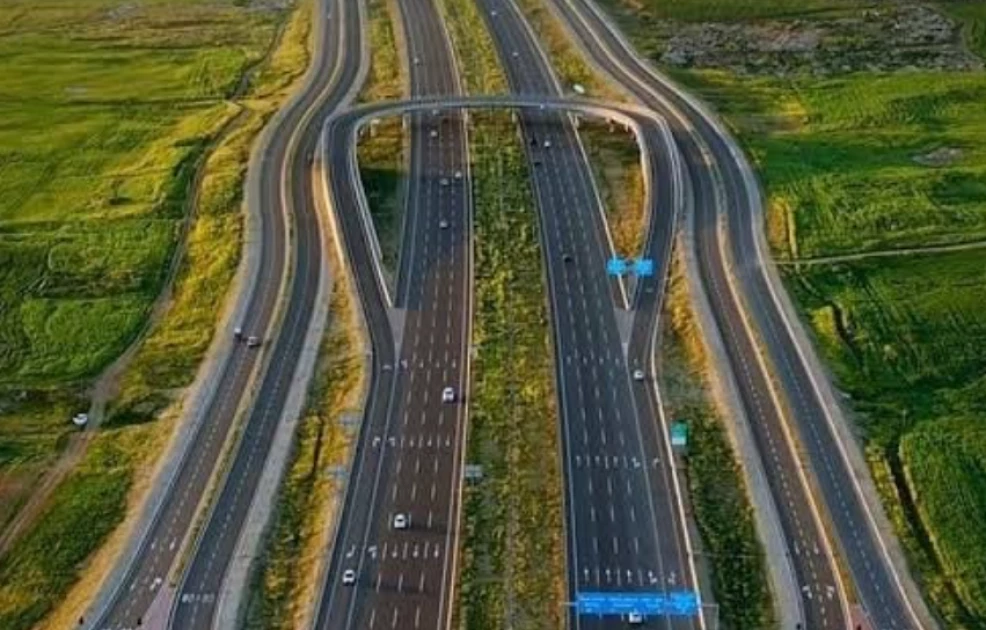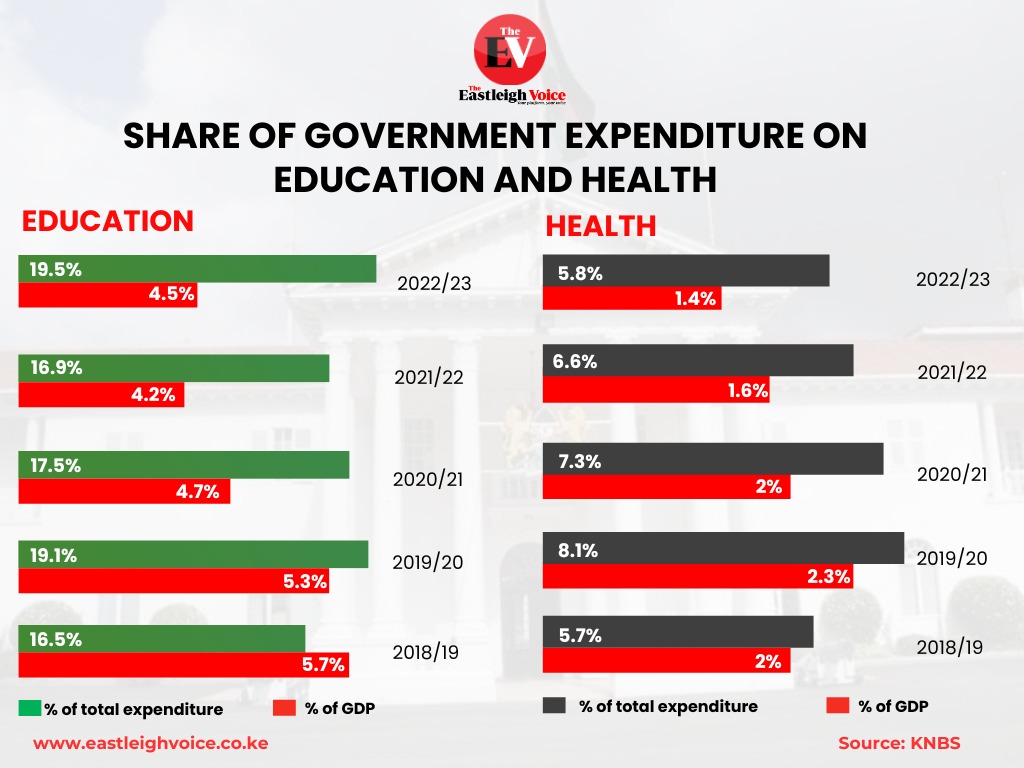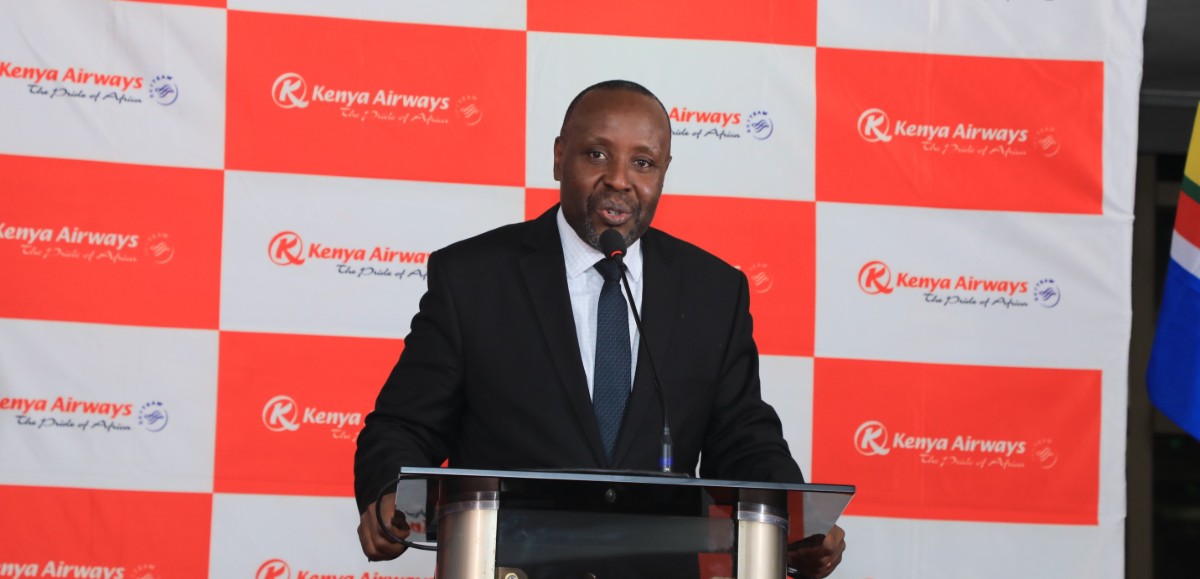Kenya secures Sh407 million grant to upgrade Mau Summit–Malaba Road

The grant will support a full feasibility study for a proposed public-private partnership (PPP) project aimed at improving the 243-kilometre stretch that links Mau Summit in Nakuru County to the Malaba border with Uganda.
Kenya has taken a major step toward modernising one of East Africa’s busiest trade routes after securing a $3.15 million (Sh407 million) grant from the Multilateral Cooperation Centre for Development Finance (MCDF).
The decision was made during the MCDF Governing Committee meeting in Beijing on November 25, 2025, and will fund preparations for upgrading the Mau Summit–Malaba Road.
More To Read
- Government eyes handing NTSA’s smart driving licence programme to private investor
- KeNHA set to ease holiday traffic with partial opening of Mombasa–Malindi highway
- KeNHA invites Kenyans to Friday’s launch of the Rironi–Mau Summit highway upgrade
- KeNHA orders removal of illegal structures, unapproved billboards along highways
- Mombasa Road to temporarily close Sunday for World AIDS Day half-marathon
- MPs fault State officers over mismanaged road projects
The grant will support a full feasibility study for a proposed public-private partnership (PPP) project aimed at improving the 243-kilometre stretch that links Mau Summit in Nakuru County to the Malaba border with Uganda.
This corridor is a vital gateway for regional trade, connecting Kenya to Uganda, Rwanda, Burundi, eastern DRC, and northern Tanzania.
The feasibility study will be carried out by the Asian Infrastructure Investment Bank (AIIB), which could mark its first standalone investment in Kenya and its initial PPP structuring in Africa.
The road forms a critical part of the Northern Corridor, East and Central Africa’s busiest trade route, connecting the Port of Mombasa to landlocked countries.
According to the Northern Corridor Transit and Transport Coordination Authority, the corridor handles about 30 million tonnes of cargo annually.
Officials say improving this stretch will reduce transport costs, ease congestion, and cut travel time for thousands of trucks that use the route daily.
The MCDF-funded study will look at technical and engineering viability, climate change resilience, environmental and social safeguards, and potential tolling structures.
MCDF explained that the study is designed to “foster a transparent, bankable PPP aligned with International Financial Institution standards” and prepare key documents, including PPP structures, contracts, and tendering frameworks.
The aim is to attract private investment while ensuring adherence to international environmental and social responsibility standards.
The new feasibility study will build on a pre-feasibility assessment already financed by AIIB, following Kenya’s formal request for additional support to accelerate the road upgrade.
The project is seen as essential for reducing pressure on the corridor and accommodating growing regional transport demands.
Once completed, the upgraded road is expected to improve mobility and cross-border trade in the region.
Potential enhancements include dual carriage expansions, safer highway designs, and accident reduction measures, addressing areas of the corridor that remain highly accident-prone due to heavy traffic, narrow lanes, and deteriorating surfaces, according to KeNHA data.
The project will also reduce truck idling, minimise long queues at bottlenecks, lower carbon emissions, cut logistical costs for importers and exporters, and improve the reliability of the Trans-African Highway Network.
If construction goes ahead, the Mau Summit–Malaba upgrade will join the Nairobi Expressway as another major PPP landmark in Kenya’s transport sector.
Top Stories Today

















































